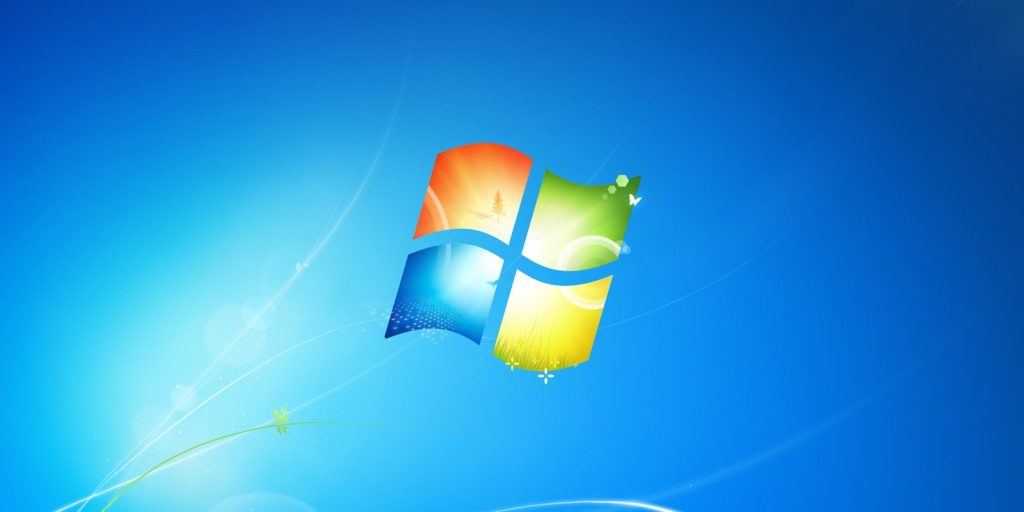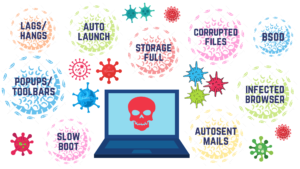Windows 10 KB4579311 update fails to install, causes crashes, boot error and performance issues
On October 13th, 2020, Microsoft releases Windows 10 KB4579311 cumulative update and since then many users have been reporting about the issues with getting the update to install, crashes, performance issues and boot problems.

The most common issue with the users when they are running into Windows 10 10KB4579311 update is their inability to install the update at first place. A brief review of the feedback hub and Microsoft forum post say, the users receive the following code when are trying to install the update:
- 0x800f081f,
- 0x8007000d,
- 0x800f0988
Some users on Reddit reported that they get stuck to certain percentage during the installation routine and continue eventually after a very long time. They tried running the standard Windows Update troubleshooting tasks such as ‘sfc /scannow, antivirus scans, drivers updates, etc and these were not helping.
One of the methods we suggest you to bypass update issue is to perform in-place upgrade using the Windows 10 Media Creation Tool.
There are other users who successfully installed the update but were experiencing boot problems, performance issues, and a strange restarting desktop problem.
While boot and crashes issues are something that is par for the course when it comes to Windows update, some users state that when they login the device, they experience bunch of start and close before the desktop appears.
One of the users reported, “Hi, I’ve been having an issue with Windows Update KB4579311. When it gets installed it causes the Explorer to crash repeatedly until it eventually logs me in, at which point I can use it as normal. BUT, the crashing increases time it takes to log in and load everything up. It’s very annoying.”
For some users, this explorer crashes do not resolve themselves and instead Windows become unresponsive.
Some users notice performance issue where windows become sluggish, unresponsive or games no longer work.
Our suggestion for those who are encountering such issues is to uninstall KB4579311 update and then update the drivers graphics, audio, Intel drivers, and storage device, if possible and then re-install the update after the update of the drivers to their latest version have been updated.
If you’ve Intel GPU, you can try your graphics drivers, which can be installed universally now on OEM devices.






